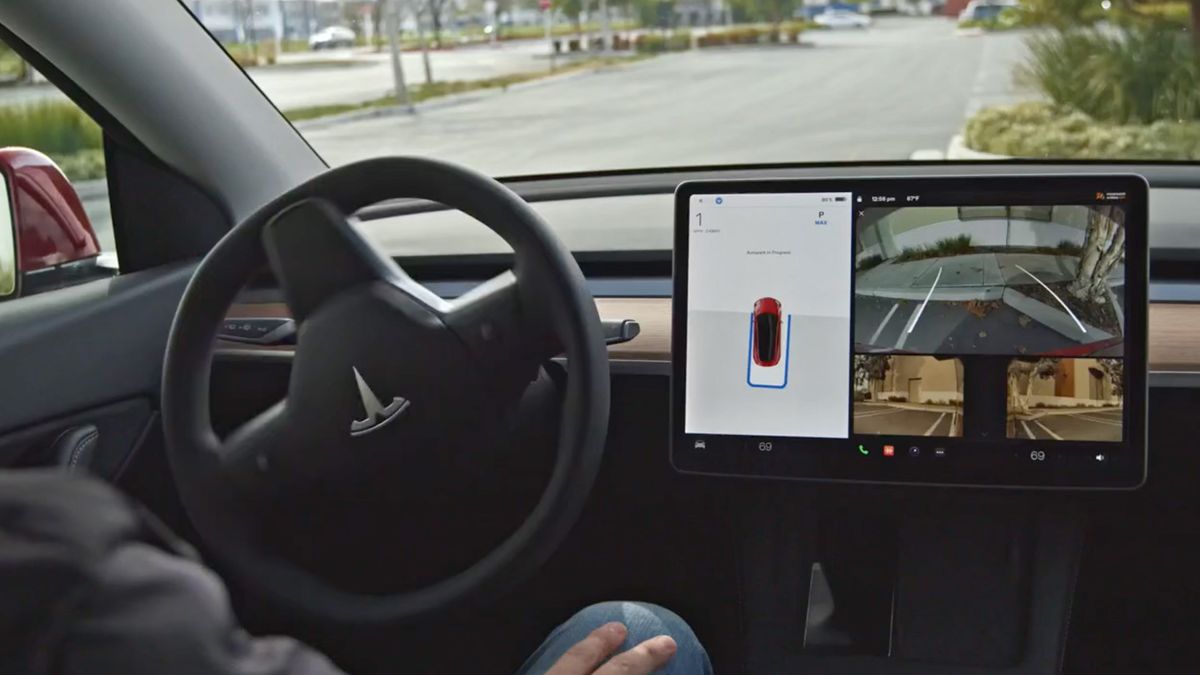Google has proposed a “flexibility” of the agreements it has with Apple and other companies, whereby its search engine is the default, in an attempt to address the antitrust ruling that has put the Alphabet company on the ropes.
The United States Department of Justice recently requested the division of googleincluding selling the Chrome browser, restrictions on Android, syndicating search results separately, and selling its click and query data to help rival search engines and AI startups.
The DOJ ruling, the harshest in memory against the Internet giant, came in response to the court ruling where he was convicted of monopolyfor using its dominant position to illegally dominate online searches and relegate the competition.
The crossroads of the Google division
Google openly expressed frustration and discontent with the Justice Department’s request, arguing that the sale of Chrome “would put Americans’ privacy at risk by revealing Google technology, personal search requests and other sensitive information, as well as harming third parties like Mozilla by suspending an agreement that maintains the Foundation”.
Google said it would present its own proposal to address anti-competitive and monopoly concerns, and it has arrived right around the holidays. As expected, it is a kind of “self-regulation” which focuses on modifying its search agreements with Apple and other partners regarding the default search engine settings on its devices.
Google’s proposal, presented to U.S. District Judge Amit Mehta in Washington, suggests a much more limited approach compared to government pressure for more drastic measures. It aims to address the court’s concerns while urging caution in the face of “interventions that could stifle innovation, especially in the rapidly evolving field of artificial intelligence, and its impact on online services, including search engines”.
Google proposes that search agreements are not exclusiveparticularly for Android manufacturers, by separating the Play Store from Chrome and search for phone producers. Additionally, the company suggests allowing browser developers to annually reconsider making Google the default search engine.
Notably, Google’s proposal does not include the elimination of revenue-sharing agreements, which give a portion of advertising revenue to device and software companies that set Google as the default search engine. Apple alone receives approximately $20 billion annually from its agreement with Google.
Google’s proposal has already been criticized by competitors. Kamyl Bazbaz, spokesperson for the DuckDuckGo search engine, argued that «Google’s suggestions try to maintain the status quo and “they fail to restore competition in the affected markets”.
It is unknown whether this type of self-regulation will now be enough to prevent Google from breaking up. A final court decision is expected in August 2025.











